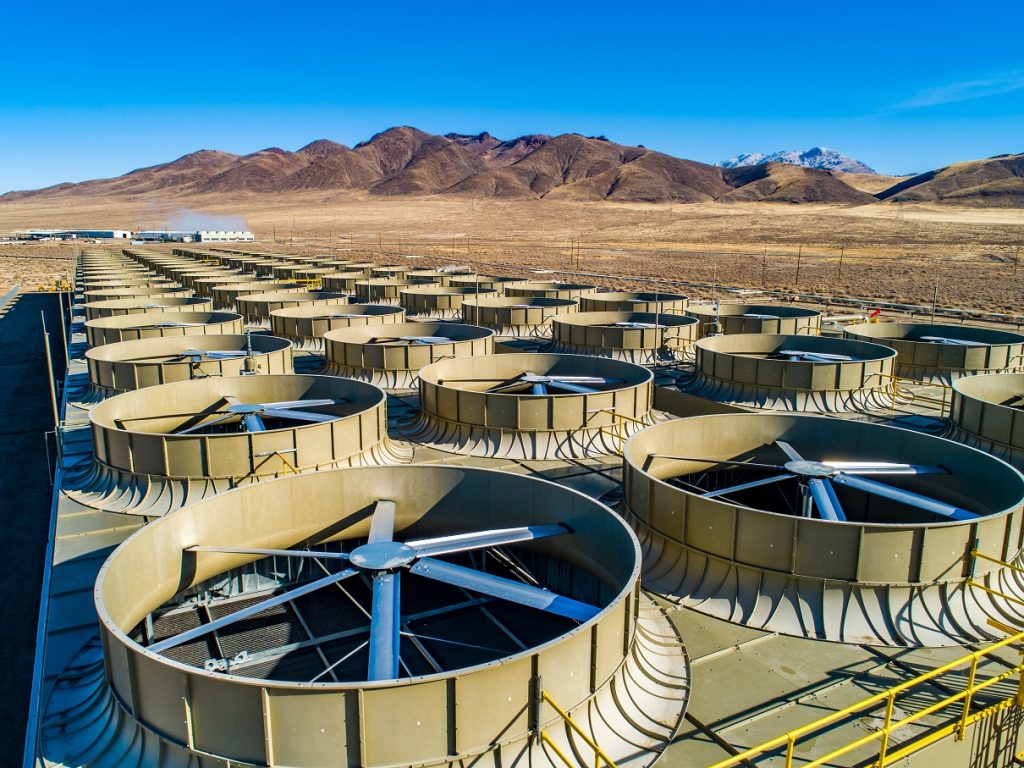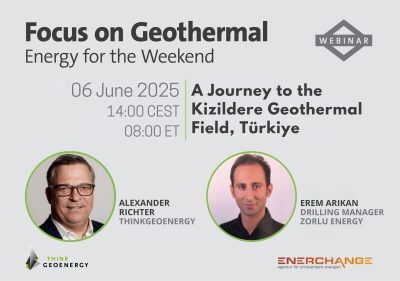BLM announces project approval and permitting changes to promote geothermal
The BLM has announced the approval of the Fervo Cape geothermal project in Utah and proposed categorical exclusions for geothermal drilling in public lands.
The United States Department of the Interior, through the Bureau of Land Management (BLM), has made two major announcements representing significant strides in expanding geothermal energy development on public lands.
Approval of the Fervo Cape project in Utah
The BLM has announced the approval of the Fervo Cape Geothermal Power Project in Beaver County, Utah. This is an enhanced geothermal system (EGS) project that aims to generate up to 2 GW of baseload power when fully developed, and will cover approximately 631 acres of land, 148 acres of which are on public lands.
With this approval, the BLM has now approved nearly 32 gigawatts of clean energy projects on public lands, including 42 projects approved under the Biden-Harris administration.
Proposed categorical exclusion
The BLM has also proposed a new categorical exclusion (CX) that will apply to geothermal resource confirmation operations plan of up to 20 acres. This can include the drilling of wells to confirm the existence of a geothermal resources (including core drilling and temperature gradient wells), to improve injection support, or to demonstrate the connections between wells.
Under current regulations, geothermal developers must conduct two separate environmental reviews: one for initial exploration drilling and another to fully test the geothermal resource, even if both have similar environmental impacts. The proposal would apply only to geothermal resource confirmation operations on public lands and split estates. Further geothermal development would still require additional environmental analysis. Based on previous DOE analysis, these permitting actions could significantly reduce permitting timelines and capital costs of geothermal deployment.
Under the National Environmental Policy Act,?categorical exclusions (CXs)?are categories of actions that typically do not have significant impacts on the human environment. When used appropriately, CXs eliminate the need for an environmental assessment (EA) as part of the permitting process. CXs cannot be applied in cases with special circumstances, such as potential impacts to endangered species, in which case an EA must still be conducted.
The proposal will be published in the Federal Register in the coming days to begin a 30-day public comment period.
Responsible geothermal development on public lands
These announcement follow the recent BLM Nevada State Office’s geothermal lease sale which saw healthy interest from private investors making it the most successful sale since 2008 and the second-most ever. The BLM sold 64 parcels covering nearly 218,000 acres, bringing in over $7.8 million in high bids. This marks a sharp increase from the previous year’s sale of 96,600 acres for just over $1 million, demonstrating the growing interest in geothermal development on public lands.
“Geothermal energy is one of our greatest untapped clean energy resources on public lands,” said Principal Deputy Assistant Secretary for Land and Minerals Management Dr. Steve Feldgus. “Today’s actions are part of the Department’s work to deliver on new opportunities, new technologies, and new solutions in geothermal energy that support the Biden-Harris administration’s commitment to create jobs, economic growth, and clean carbon-free electricity for communities throughout the West.”
“The BLM is committed to supporting the responsible growth of geothermal energy on public lands,” said BLM Director Tracy Stone-Manning. “We need all the tools in the toolbox to reach a clean energy future, and this proposed categorical exclusion will be helpful in accelerating the process of locating new geothermal resources.”
Source: U.S. Department of the Interior



















